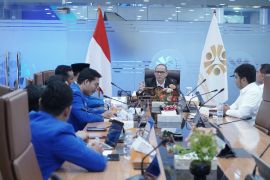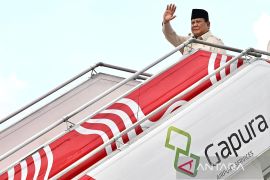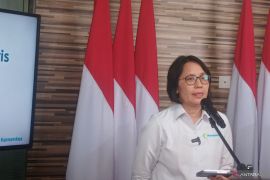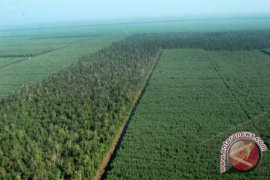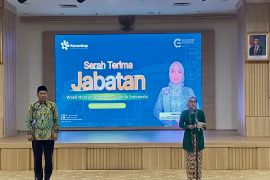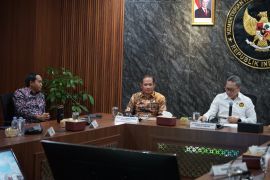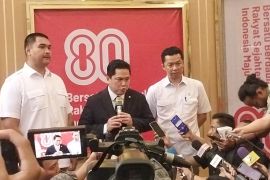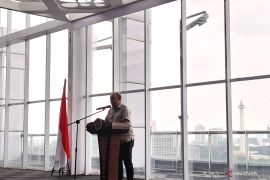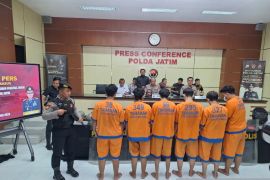Hague will meet with both President Thein Sein and democracy icon Aung San Suu Kyi in his two-day trip -- the first by a British foreign minister in more than half a century to the nation long ruled by the military.
The visit, which is also the first by a European Union foreign minister since a new nominally civilian government took power last year, is the latest international mission aimed at encouraging steps towards democracy.
"I am visiting the country to encourage the (Myanmar) government to continue on its path of reform, and to gauge what more Britain can do to support this process," Hague said in a statement released by the Foreign Office in London.
"Further steps are needed that will have a lasting impact on human rights and political freedom," he said.
"In particular, we hope to see the release of all remaining political prisoners, free and fair by-elections, humanitarian access to people in conflict areas, and credible steps towards national reconciliation."
Hague`s mission comes as the country shows signs of opening up after November 2010 elections that saw the military junta replaced with a civilian administration.
Since taking office last year Thein Sein -- himself a former junta general -- has held dialogue with Suu Kyi, suspended an unpopular Chinese-backed mega dam and shown a desire to reach out to the international community.
Some political prisoners have also been released but the government this week caused disappointment when it announced reduced jail terms for inmates but failed to issue a much-anticipated amnesty for detained dissidents.
Myanmar`s parliamentary speaker Shwe Mann said Hague had been asked to give "constructive criticism" to the country`s new leaders.
"We heard that the UN and other organisations were frustrated by the amnesty. I am sorry for this," he said in a statement, referring to the prisoner release.
Shwe Mann, number-three in the former junta and still considered one of the nation`s most powerful men, said the parliament would work towards "inclusiveness" but did not explicitly mention political prisoners.
As Myanmar`s budding reforms trigger talk that crippling Western sanctions may be lifted, Washington said that Tuesday`s moves on prisoners fell short of the level of reforms expected by the United States to justify a reward in return.
"Even one political prisoner is one political prisoner too many," State Department spokeswoman Victoria Nuland said.
Activists estimate there are still between 500 and more than 1,500 prisoners of conscience in Myanmar`s jails and many key dissidents are serving decades behind bars.
Hague began talks with Thein Sen on Thursday in the capital Naypyidaw, and was to fly later to the commercial hub Yangon where he will meet with Suu Kyi.
The opposition leader, who has spent most of the last two decades in custody, was freed from seven years of house arrest days before the November 2010 polls.
She has vowed to take part in April 1 by-elections, pending confirmation that her National League for Democracy (NLD) has been registered.
The vote will offer her an opportunity to seek to enter a parliament for the first time, but the number of seats available will not threaten the resounding majority held by the ruling military-backed party.
Hague`s visit is the latest in a flurry of high-level missions which began when US Secretary of State Hillary Clinton visited Myanmar, formerly known as Burma, from November 30 to December 2.
British International Development Secretary Andrew Mitchell travelled to the country in November and Japanese Foreign Minister Koichiro Gemba visited in December.
"Our common objective is to see political freedom in Burma, and constructive engagement which helps further that goal is very important," Hague said.
Clinton, who was the first US secretary of state to visit Myanmar in more than 50 years, said she saw "openings" during her three-day trip that "give us some grounds for encouragement." She met both Thein Sein and Suu Kyi.
Hague`s visit comes a day after Myanmar celebrated the anniversary of its independence from British colonial rule in 1948.
(Uu.B002)
Editor: Priyambodo RH
Copyright © ANTARA 2012

